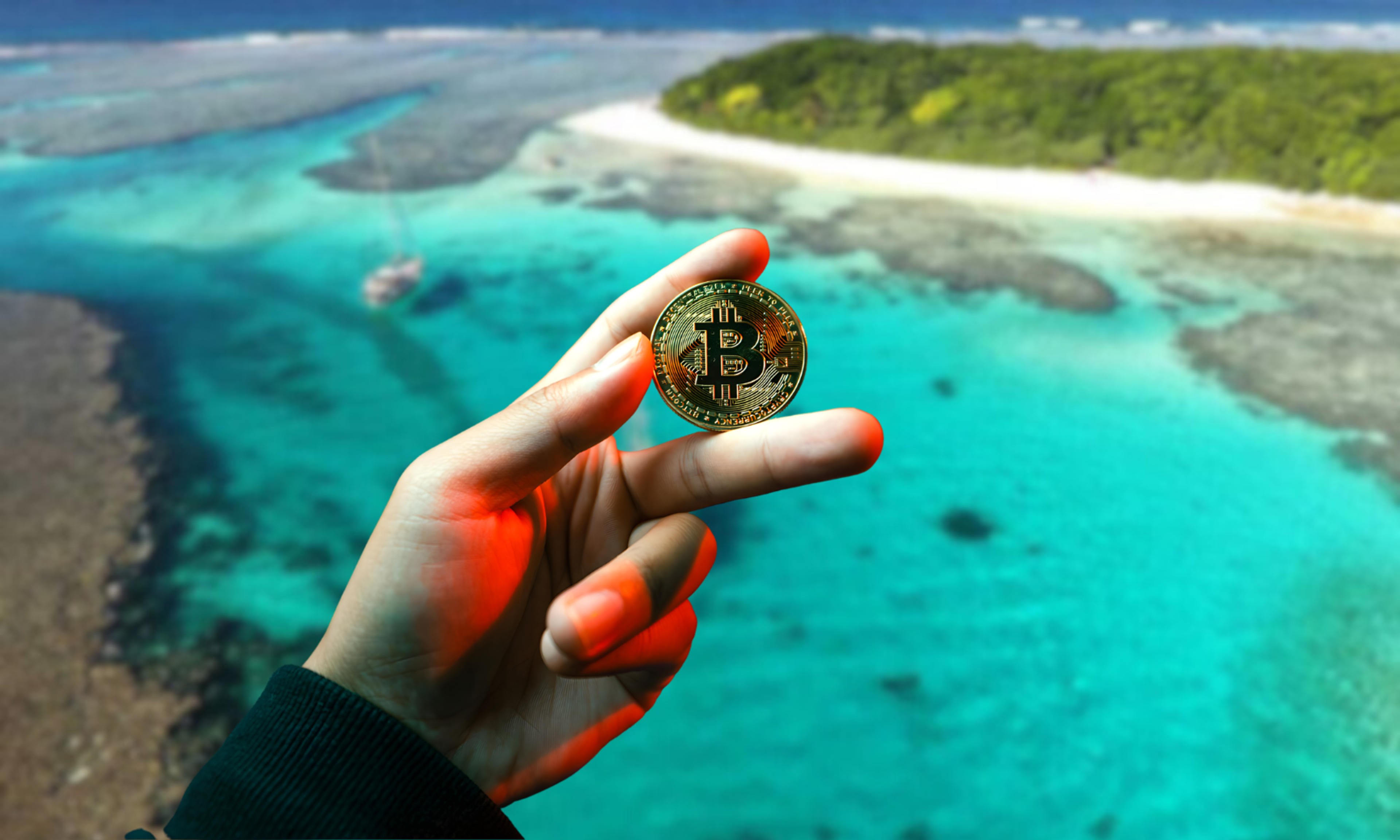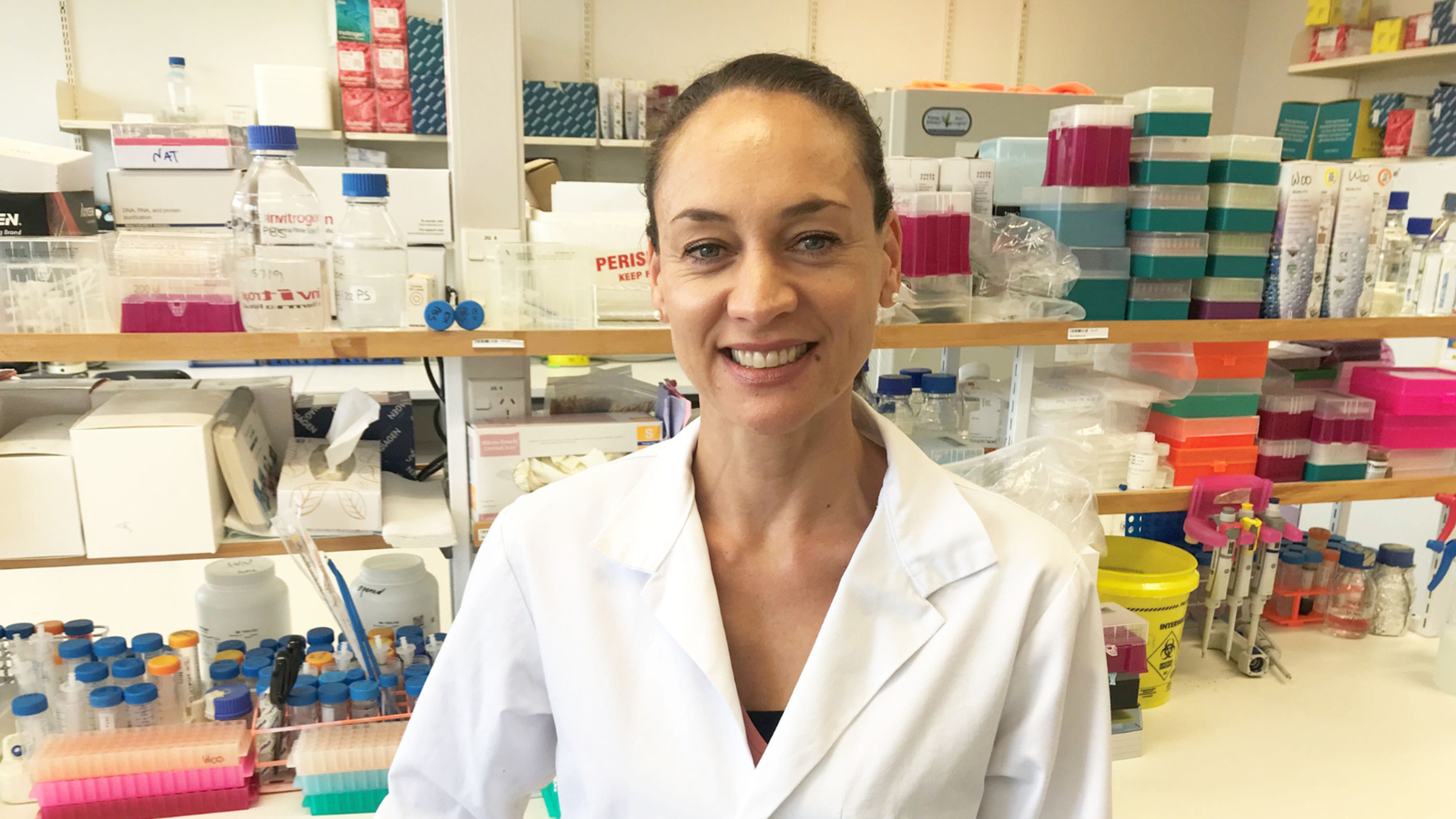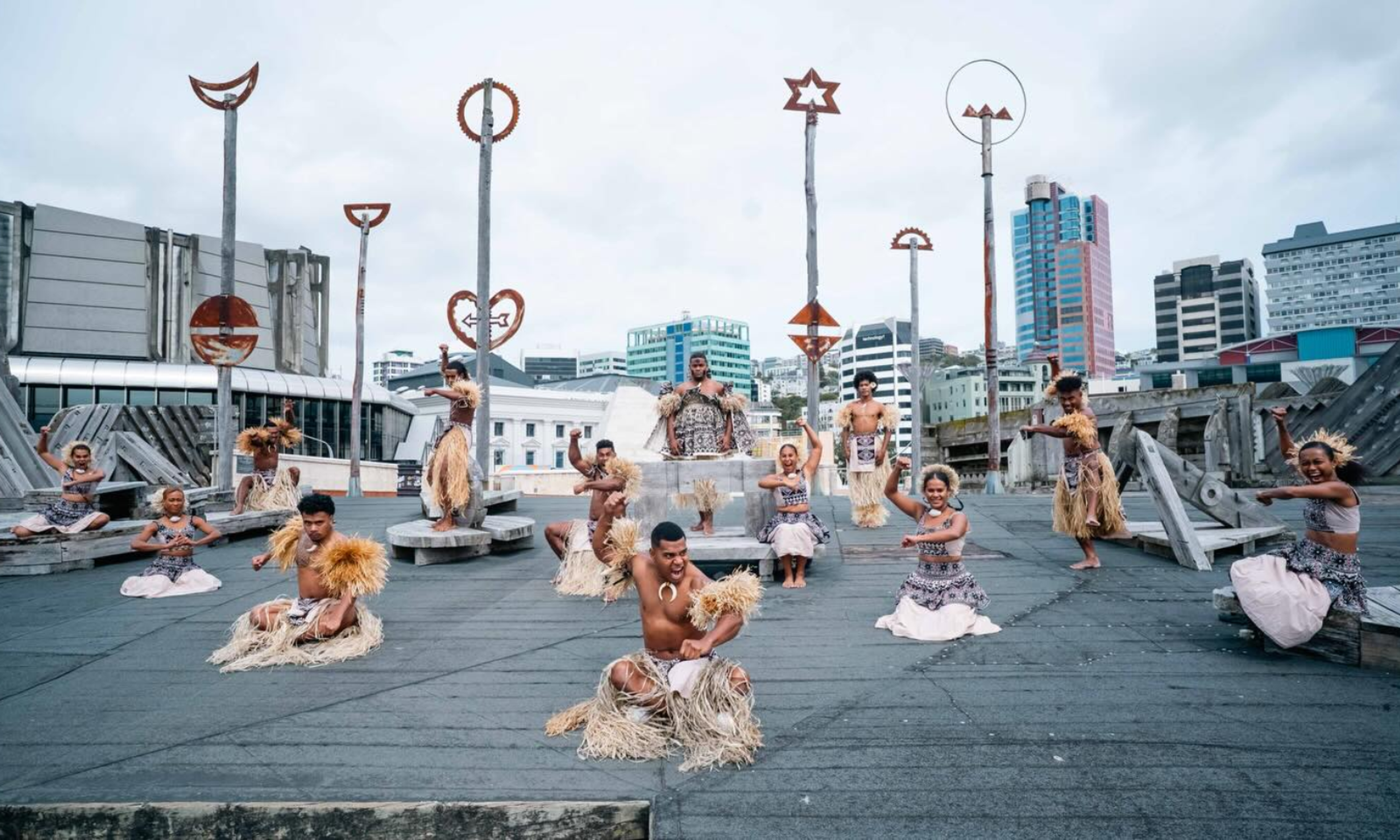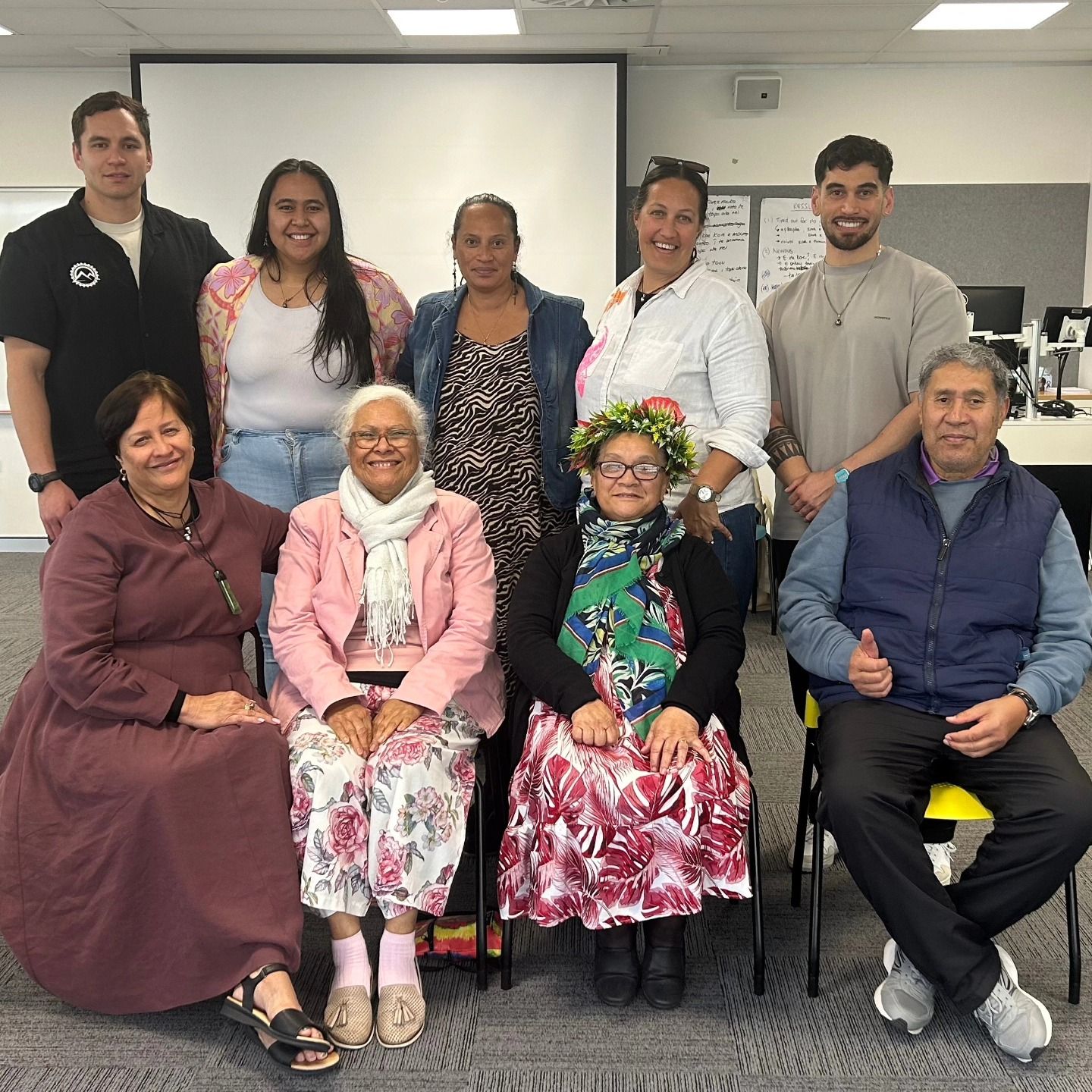

Dr Sam Manuela, a Senior Lecturer at the School of Psychology at Auckland University, at the Pasifika Medical Association Conference in Rarotonga in 2023.
Photo/RNZ Pacific/Caleb Fotheringham
Cook Islands diaspora drives mental health initiative for better care
Dr Sam Manuela and Zarya Poulava are leading an innovative project to translate and adapt mental health screening tools for the Cook Islands.


Pacific digital-finance push continues despite global crypto volatility



‘Shot put queen’ Dame Valerie Adams leads Pacific pride at NZ's Halberg Awards 2026

Pacific digital-finance push continues despite global crypto volatility


Two Pacific health advocates are collaborating on a project to translate and adapt mental health screening measures for Cook Islands communities in Aotearoa New Zealand.
The initiative aims to overcome language barriers exposed in a previous mental health survey conducted in the Cook Islands, which was limited by its reliance on English.
The project addresses the challenge of translating terms like "depression" into Cook Islands Māori, ensuring culturally relevant tools are developed.
A chance meeting at a Pacific Symposium in Auckland sparked the collaborative project between Dr Sam Manuela (Rarotonga, Manihiki, Atiu - Cook Islands, Europe), a Senior Lecturer at the School of Psychology (Te Kura Mātai Hinengaro) at Waipapa Taumata Rau - The University of Auckland, and Zarya Poulava, a Master’s student in psychology of Cook Islands and Sāmoan descent.
Together, they are working on adapting mental health screening measures for use in both Aotearoa New Zealand and the Cook Islands.
“We're looking at the mental health screening measures that are used in the Cook Islands and used quite extensively here in New Zealand,” Manuela tells Susnation Seta on PMN Cook Islands. “But we want to look at how we can translate them, but adapt them for use by our speakers in both locations.”

Dr Sam Manuela, back far right, and Zarya Poulava, back second from left, at a gathering in Auckland supporting the Cook Islands community on 1 September 2025. Photo/Facebook/Kuki Learning
The translation project builds on a larger mental health survey conducted in the Cook Islands, which collected data on anxiety, depression, and psychological distress among Cook Islanders.
But the survey was limited because the measures were only available in English, creating barriers for accurately capturing the experiences of non-English speakers.
The duo recognised that language would pose a significant challenge. At the same time, translated measures did not yet exist. This gap is what sparked the current phase of the project: addressing these challenges and advancing the research.

Photo/file
“For example, when Sam talked about the word depression, there was no direct translation of it," Zarya tells Seta. "Our translators had to find a word that explains or describes what depression is.
“Even that was hard and there was quite a bit of debate amongst the translators about which word best fits."
While the current phase of the project aligns with Poulava’s one-year Master’s programme at The University of Waikato, the work will continue beyond this timeframe, as extensive testing will be required. This ongoing effort could potentially evolve into a PhD project for Poulava in the future.
Her message to other Pacific students is simple: “Nothing is holding you back but yourself. Remember our ancestors who made sacrifices to help us reach our full potential. You come from a long line of voyagers.”
For Manuela, the translation project aligns with a broader vision of ensuring Pacific communities have equitable access to health and well-being. He’s also part of the New Zealand Attitudes and Values Study, a 20-year project that examines the social attitudes, personality, and health outcomes of New Zealanders.
Watch Dr Sam Manuela and Zarya Poulava's interview on PMN Cook Islands below.
“Whatever pathway you choose, you always bring your community and identity with you,” he says. “That’s something special that enhances both your learning and your teaching of others.”
As the project progresses, the duo is optimistic about its impact. With culturally grounded screening tools available in Cook Islands Māori, future surveys will more accurately reflect the realities of Cook Islanders across the Pacific.
For Poulava, the project is a stepping stone towards her goal of becoming a psychologist who serves her community. For Manuela, it represents a continued commitment to bridging academic research with community needs.
“It’s about making sure our measures, our data and ultimately our services reflect who we are,” Manuela says. “That’s how we ensure our Pacific communities can flourish.”